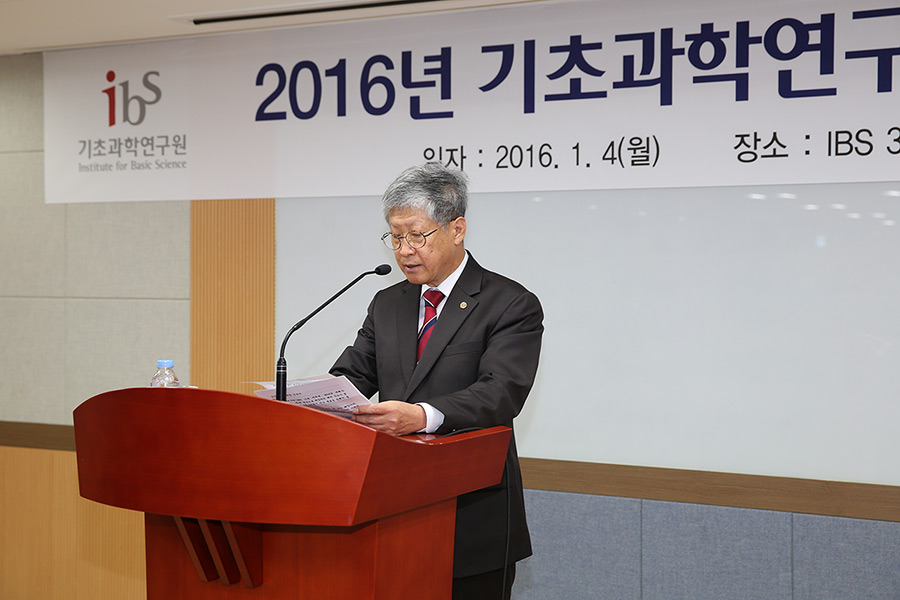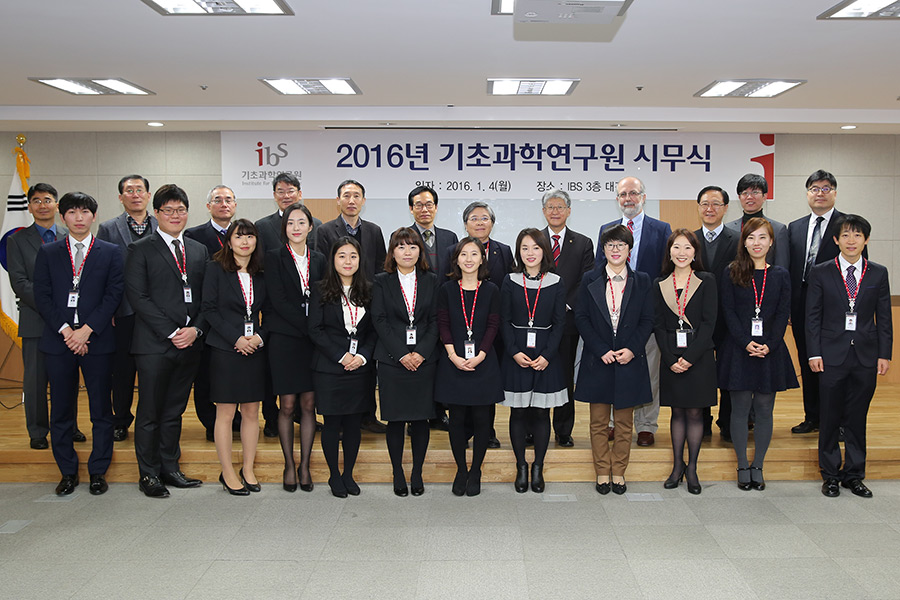주메뉴
- About IBS 연구원소개
-
Research Centers
연구단소개
- Research Outcomes
- Mathematics
- Physics
- Center for Theoretical Physics of the Universe(Particle Theory and Cosmology Group)
- Center for Theoretical Physics of the Universe(Cosmology, Gravity and Astroparticle Physics Group)
- Center for Exotic Nuclear Studies
- Center for Artificial Low Dimensional Electronic Systems
- Center for Underground Physics
- Center for Axion and Precision Physics Research
- Center for Theoretical Physics of Complex Systems
- Center for Quantum Nanoscience
- Center for Van der Waals Quantum Solids
- Chemistry
- Life Sciences
- Earth Science
- Interdisciplinary
- Institutes
- Korea Virus Research Institute
- News Center 뉴스 센터
- Career 인재초빙
- Living in Korea IBS School-UST
- IBS School 윤리경영


주메뉴
- About IBS
-
Research Centers
- Research Outcomes
- Mathematics
- Physics
- Center for Theoretical Physics of the Universe(Particle Theory and Cosmology Group)
- Center for Theoretical Physics of the Universe(Cosmology, Gravity and Astroparticle Physics Group)
- Center for Exotic Nuclear Studies
- Center for Artificial Low Dimensional Electronic Systems
- Center for Underground Physics
- Center for Axion and Precision Physics Research
- Center for Theoretical Physics of Complex Systems
- Center for Quantum Nanoscience
- Center for Van der Waals Quantum Solids
- Chemistry
- Life Sciences
- Earth Science
- Interdisciplinary
- Institutes
- Korea Virus Research Institute
- News Center
- Career
- Living in Korea
- IBS School
About IBS
| Title | 2016 New Year Message from the IBS President | ||||
|---|---|---|---|---|---|
| Department | President | Registration Date | 2016-01-04 | Hits | 3911 |
| att. | |||||
|
Dear IBS family, 2016, a new year has just begun. I can still remember how determined I was about the new task when I was inaugurated as the IBS president over a year ago and now here we are at the dawn of another new year. When I think of a new year, I think of a fresh start. We have been given a great chance to start over and begin anew. 2016 in particular is quite meaningful for IBS, since it marks the fifth anniversary of our foundation. IBS, entrusted as the leader of creating an innovative R&D culture and opening a new chapter in the history of basic science in Korea, has been striving to meet its expectations. Last year, IBS launched two new Centers, the Center for Vascular Research and the Center for Nanomedicine, increasing the total number of Centers to 26. These Centers have grown to be as competitive as other globally leading research institutions in basic science by continuously producing excellent research outputs. Also, with the design of the IBS Complex complete, its construction starts this year and is scheduled for completion by the end of 2017. The site preparation for the construction of a rare isotope accelerator and the design of key devices will begin this year too. We have a short period of time left before the completion of the IBS Complex building. All of these achievements are a result of your hard work and dedication to the development of IBS. IBS family, IBS will become more aggressive in attracting and fostering young scientists in time for the completion of the IBS Complex. Our YS program, which has been one of IBS main postdoctoral fellowship programs, will grant more funding. Also, IBS HQ will introduce a new system to give opportunities to young scientists to lead independent projects as principal investigators. At IBS, young scientists will be able to find opportunities to pursue their research interests and dreams. In the meantime, new Centers will be primarily set up as HQ Centers to reinforce the research capacity of IBS HQ. IBS will take on a more leading role in the global science community as the country’s major basic science research institute. In terms of international research and collaborations, 2016 will become a landmark year for IBS as we plan to hold several international academic functions of the highest standard. A series of IBS Conference sessions will be held to provide a forum for the world’s scholars to discuss and exchange knowledge and ideas under various themes of basic science. Also, following the MOUs with MPG in Germany and RIKEN in Japan, we are going to operate joint research programs. Such international academic events held by IBS will lay the foundation for the country to emerge as a hub for global science collaborations, as well as drive the progress of the country’s science community. Acknowledging the urgent need to join efforts in order to tackle global warming, the world has recently adopted a new climate change convention, the Paris Agreement. IBS will be at the forefront of addressing such global challenges as I believe, IBS science should contribute to improving human welfare, as well as seek answers to fundamental questions in nature. IBS will communicate its missions and principles more proactively to gain support and understanding. As the country’s first and only basic research institute, IBS supports long-term, large-scale, group research that is otherwise not available outside of IBS. Centers respect researchers’ autonomy to promote their curiosity-driven research. This is the attribute of IBS that the global science community took notice of when it opened four years ago. Since, at IBS, researchers can be committed to research without being pressed for time while working together with leading scientists from different research groups, Centers have delivered a series of outstanding research outcomes and produced top talents. When I recall those IBS researchers who are so focused on their research and who want to get to the bottom of things with curiosity and enthusiasm, I believe, a bright future awaits IBS. With this strong confidence, I dare to say that we are not far away from the day when the country pioneers a new research field and leads the world in science. IBS family, I would like you to join our efforts in driving the “IBS Initiative” in order for both IBS and the country to make a great leap forward. I wish you all the best and good luck for 2016.
|
|||||
| Next | |
|---|---|
| before |
- Content Manager
- Public Relations Team : Suh, William Insang 042-878-8137
- Last Update 2023-11-28 14:20













